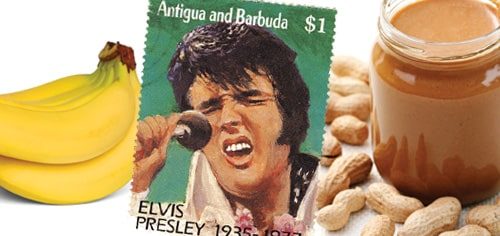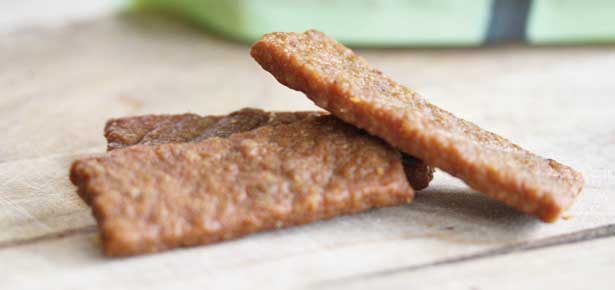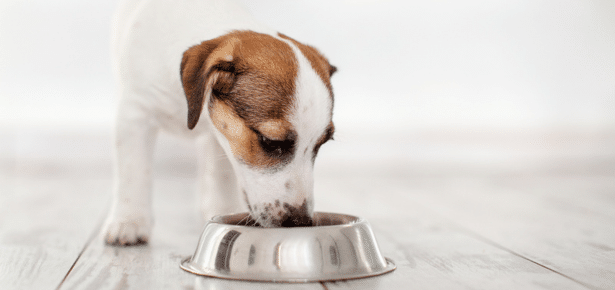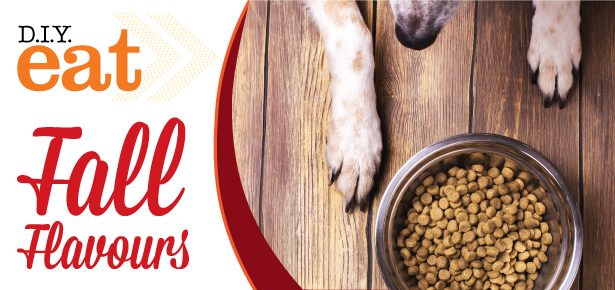
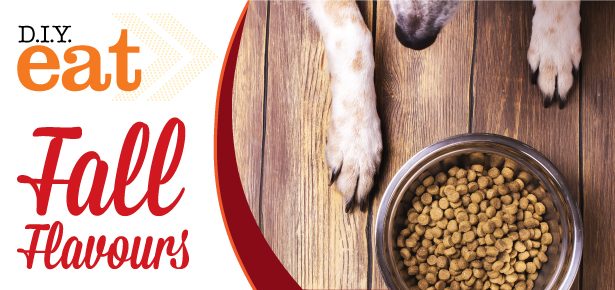
DIY Eat: Add These Fall Flavours To Your Dog’s Dinner!
Perk up your dog’s dinner with these healthy fall toppers!
Kale Trendy kale can make a welcome addition to your dog's dinner, too.
A member of the brassica family (one of the groups of cruciferous veggies that includes rutabagas, turnips, broccoli, and cauliflower), kale is very high in beta carotene, vitamin K, and vitamin C, as well as carotenoid pigments. You can feed your dog leafy greens such as kale raw, dried, or lightly cooked. Try making kale chips by drying kale in your oven (it’s like vegetarian jerky!) or chopping and lightly steaming kale before adding it to your dog’s dinner.
Zucchini is a good source of calcium, potassium, beta carotene, and folate. Zucchini can be served to your dog cooked or frozen but we think it’s best fed raw. Try grating it and mixing a bit into your dog’s dinner!
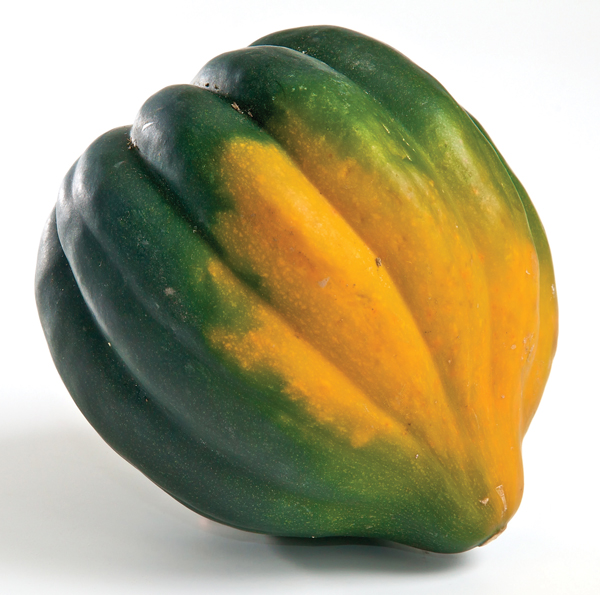
Pro tip: Cook the squash, remove the seeds, and then slice and freeze to make it a fun, crunchy, ready-to-go frozen snack for your dog.
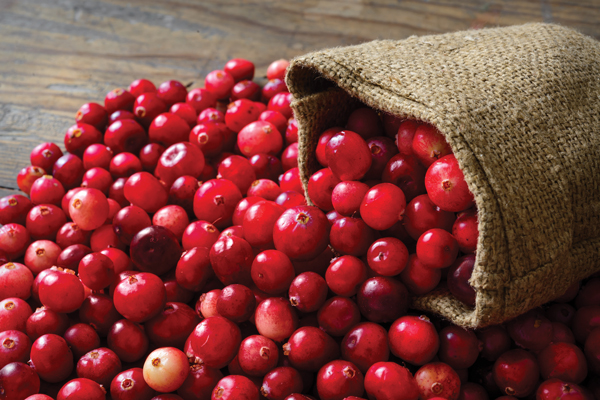
Pumpkin Beta carotene- and fibre-rich pumpkin is bulk forming, keeping the GI tract moving, which helps keep the cells lining the gut healthy. It’s also low calorie so it’s a great dinner addition for dogs on a diet.
Gizzards, the organ meats/turkey neck you usually find tucked away in the cavity of a whole bird, make an awesome occasional treat for dogs. Boil up the gizzards with a bit of water and then cut them into pieces (throw out the turkey neck but keep the cooking water to give to your dog—it will be deliciously flavoured). Once cool give little pieces to your dog as a special treat he’ll love! Organ meats should be fed sparingly. Liver, for example, is an excellent source of B vitamins (thiamin, riboflavin, niacin, pantothenic acid, and folic acid), vitamin A, and vitamin K. It is also a great source of iron. But too much liver may be toxic to dogs because of its high vitamin A content. Limit the amount of liver fed to your dog to not more than 1 g of fresh liver/Kg body weight per day.
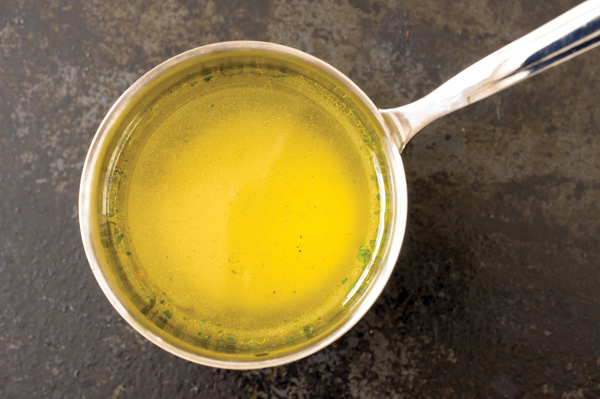
Oatmeal This cold weather breakfast staple is a great source of soluble fibre and can be beneficial for older dogs that have trouble maintaining bowel regularity. It’s also an alternative grain source for dogs that are allergic to wheat. Keep in mind oatmeal should always be fed cooked and plain—no sugar or flavouring. Many of the small, microwavable oatmeal packets contain sugar and flavouring so nix these.
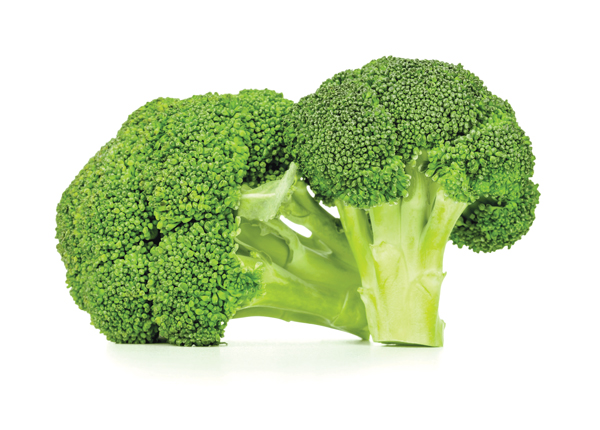
Nutritional (engevita) yeast is yeast that has been grown under controlled conditions and then treated with heat so that it is no longer active. A favourite of vegetarians and vegans, this yeast has a slightly nutty or cheesy flavour and is often used as a flavour enhancer—try it on your popcorn instead of salt and share a light, healthy snack with your pup! Nutritional yeast is very rich in B-vitamins, which play a role in the metabolism of fat, carbohydrate, and proteins. Try sprinkling a small amount (less than a teaspoon) on your dog’s dinner to improve palatability.
Interested in more 'people' foods you can share with your dog? Click here and here!
Join the newsletter and never miss out on dog content again!
"*" indicates required fields
By clicking the arrow, you agree to our web Terms of Use and Privacy & Cookie Policy. Easy unsubscribe links are provided in every email.

